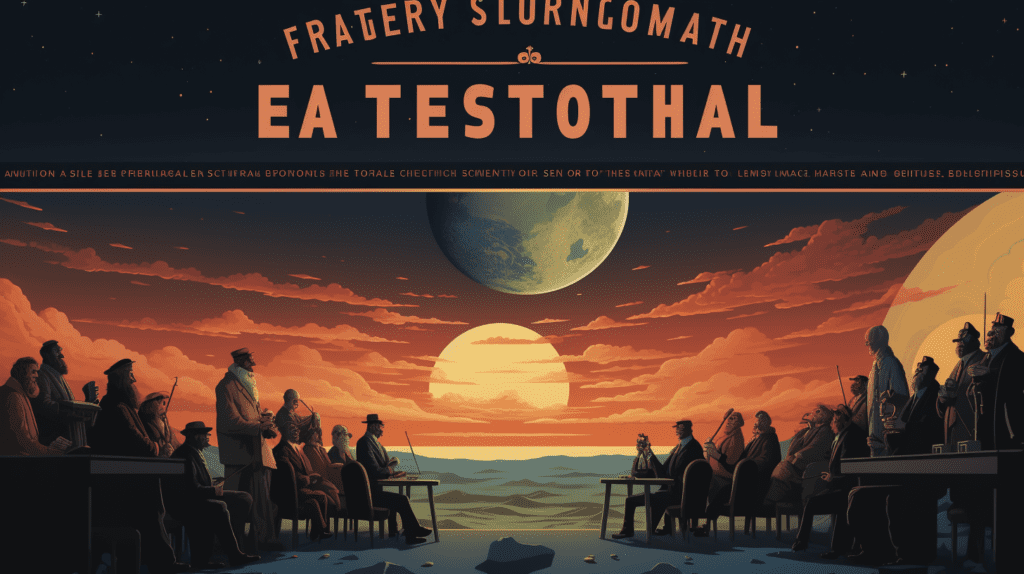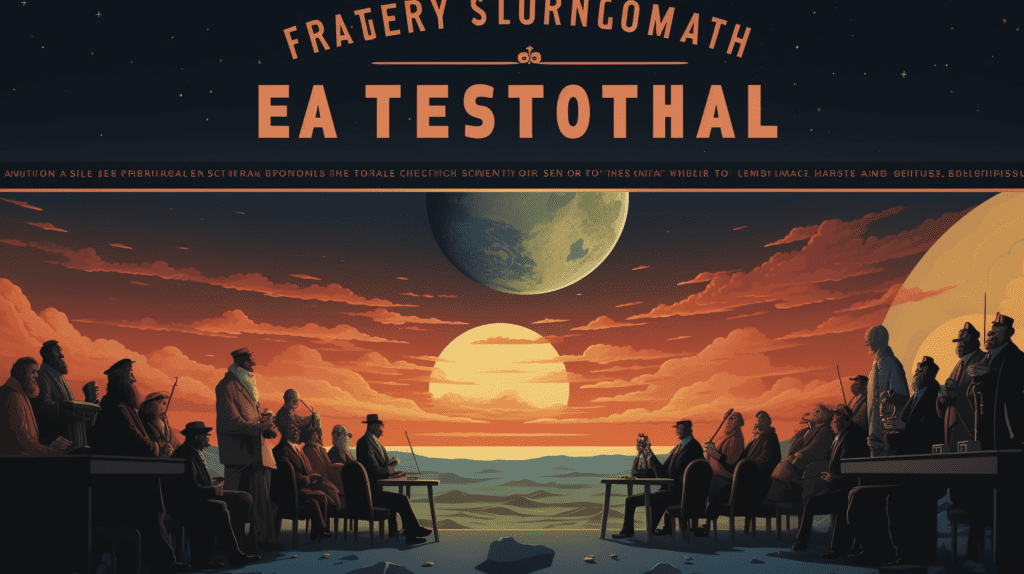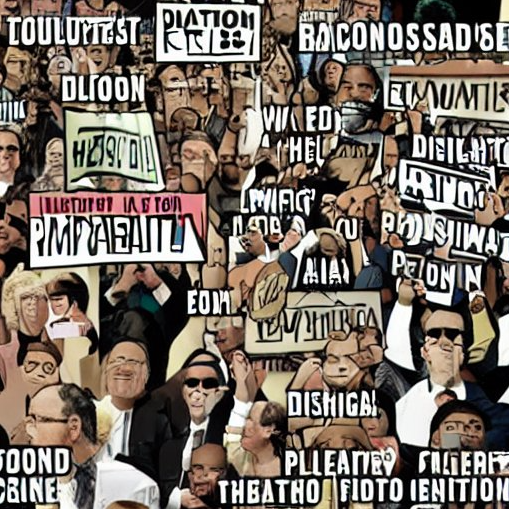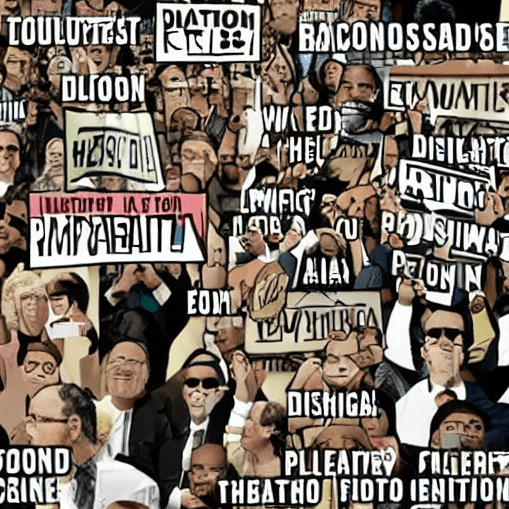Climate Change Denial: From Big Tobacco Tactics to Today’s Global Challenge
In the complex narrative of global climate change, one pervasive thread is the phenomenon of climate change denial. This denial isn’t just a refusal to accept the scientific findings around climate change; it is a systematic effort to discredit and cast doubt on environmental realities and the need for urgent action.
Remarkably, the roots of this denial can be traced back to the strategies used by the tobacco industry in the mid-20th century to obfuscate the link between smoking and lung cancer. This companies conspired to create a disinformation campaign against the growing scientific consensus on the manmade nature of climate change, to cast doubt about the link between the burning of fossil fuels and the destruction of the planet’s natural ecosystems — and they succeeded, for over half a century, beginning in 1953.

Origins in big tobacco’s playbook
The origins of climate change denial lie in a well-oiled, public relations machine initially designed by the tobacco industry. When scientific studies began linking smoking to lung cancer in the 1950s, tobacco companies launched an extensive campaign to challenge these findings. Their strategy was not to disprove the science outright but to sow seeds of doubt, suggesting that the research was not conclusive and that more studies were needed. This strategy of manufacturing doubt proved effective in delaying regulatory and public action against tobacco products, for more than 5 decades.
Adoption by climate change deniers
This playbook was later adopted by those seeking to undermine climate science. In the late 20th century, as scientific consensus grew around the human impact on global warming, industries and political groups with a vested interest in maintaining the status quo began to employ similar tactics around lying at scale. They funded research to challenge or undermine climate science, supported think tanks and lobbyists to influence public opinion and policy, and used media outlets to spread a narrative of uncertainty and skepticism.
Political consequences
The political consequences of climate change denial have been profound. In the United States and other countries, it has polarized the political debate over environmental policy, turning what is fundamentally a scientific issue into a partisan one. This politicization has hindered comprehensive national and global policies to combat climate change, as legislative efforts are often stalled by ideological conflicts.


Denial campaigns have also influenced public opinion, creating a significant segment of the population that is skeptical of climate science years after overwhelming scientific consensus has been reached, which further complicates efforts to implement wide-ranging environmental reforms.
Current stakes and global impact
Today, the stakes of climate change denial could not be higher. As the world faces increasingly severe consequences of global warming — including extreme weather events, rising sea levels, and disruptions to ecosystems — the need for decisive action becomes more urgent. Yet, climate change denial continues to impede progress. By casting doubt on scientific consensus, it hampers efforts to build the broad public support necessary for bold environmental policies that may help thwart or mitigate some of the worst disasters.
Moreover, climate change denial poses a significant risk to developing countries, which are often the most vulnerable to climate impacts but the least equipped to adapt. Denialism in wealthier nations can lead to a lack of global cooperation and support needed to address these challenges comprehensively.
Moving forward: acknowledging the science and embracing action
To effectively combat climate change, it is crucial to recognize the roots and ramifications of climate change denial. Understanding its origins in the Big Tobacco disinformation strategy helps demystify the tactics used to undermine environmental science. It’s equally important to acknowledge the role of political and economic interests in perpetuating this denial — oil tycoon Charles Koch alone spends almost $1 billion per election cycle, heavily to climate deniers.


However, there is a growing global movement acknowledging the reality of climate change and the need for urgent action. From international agreements like the Paris Accord to grassroots activism pushing for change, there is a mounting push against the tide of denial.
Climate change denial, with its roots in the Big Tobacco playbook, poses a significant obstacle to global efforts to address environmental challenges. Its political ramifications have stalled critical policy initiatives, and its ongoing impact threatens global cooperation. As we face the increasing urgency of climate change, acknowledging and countering this denial is crucial for paving the way towards a more sustainable and resilient future.
























